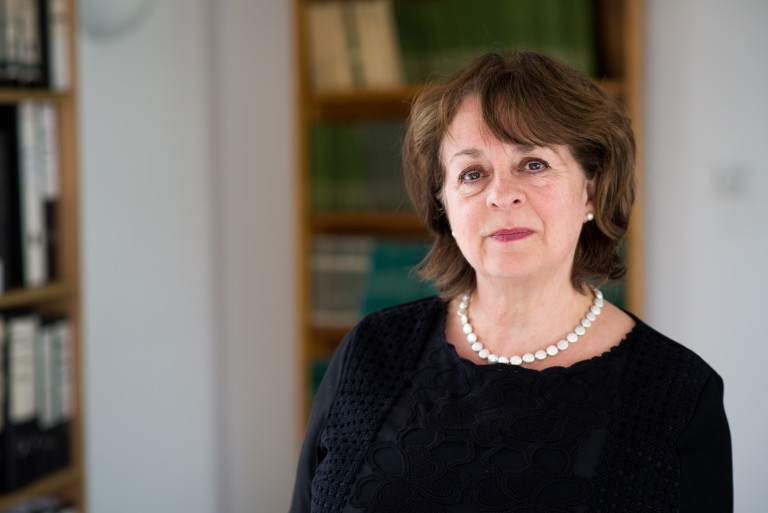Howard League blog · 9 Nov 2018
We should not be criminalising everything

I agree with both chief constable Sara Thornton and Sue Fish, former chief constable.
Last week, Sara Thornton spoke to police chiefs about resources and said that they should be concentrating on serious crime and not recording complaints about misogyny.
When asked to respond, Sue Fish said that her former force, Nottinghamshire, had pioneered recording complaints about misogyny as ‘hate crimes’ even if no crime had been identified or committed.
Both are right.
Sue Fish argued that women have not been believed when they report abuse, assaults and sexual attacks and it was time they are taken seriously. No one could argue with that.
Minor acts of unpleasantness can escalate and should be recorded and should be dealt with. More often than not, they can be challenged immediately but sometimes an authority of some kind may need to intervene. I just don’t think it should be the police.
The point is surely to put a stop to behaviour that disturbs
We need mechanisms for calling out bad behaviour that does not hit the criminal threshold. We should not be criminalising everything – indeed the massive explosion in criminal offences is confusing and sweeps into its net people who are annoying but not dangerous, actions that are intrusive and may be worrying but are not actually harmful.
The point is surely to put a stop to behaviour that disturbs. The people who are doing it should stop and should know why it is not acceptable.
The example used by Cressida Dick on the Today programme on BBC Radio 4 was a couple of young girls who have to walk past a building site and get sexist and personal calls from the men.
I do think this needs a response, but not from the police. It is a nasty, intimidating thing to do and the men should be told. If parents cannot do it, we need to look to another authority.
I have long argued that local authorities should take responsibility for community reconciliation. As a local councillor, many years ago, I used to perform this function to a certain extent, without training and with no back-up from the council. I think it should be a formal responsibility for every local authority and they should be funded to do it.
This would ease the burden on police and would lessen the knee-jerk calls for criminalisation of anything unpleasant but get it dealt with.
So, it is possible to agree with two people who say quite different things. And, it is possible to resolve conflict.
Comments
Leave a Reply
-
Join the Howard League
We are the world's oldest prison charity, bringing people together to advocate for change.
Join us and make your voice heard -
Support our work
We safeguard our independence and do not accept any funding from government.
Make a donation
Another example is modern stalking. If two people break up and one tried to reconcile too much they could be arrested these days. New laws are not taught to the public & many people can find themselves transgressing the new laws. Police do not use common sense & instead make the situation worse through pursuing prosection and improving their ‘statistics.’ They should try to resolve the situation in the community first or refer to an organisations that can assist. This can lead to quicker resolution and valuable resources conserved for actual crimes.